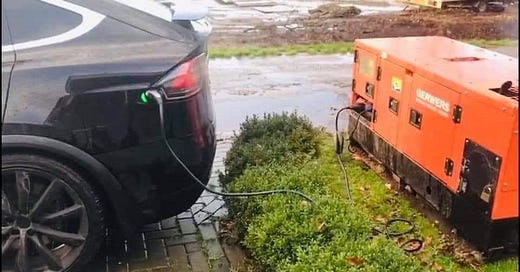The future direction of US federal energy policy related to the transportation sector is a key question that will be determined in one way or another by the outcome of the presidential race. What remains unclear is the extent of change that a Trump presidency would bring.
Given that Tesla founder and CEO Elon Musk is a major supporter of Donald Trump, it seems unlikely a Trump White House would move to try to end the EV subsidies and tax breaks included in the Inflation Reduction Act (IRA). Those provisions, of course, constitute the “carrot” end of the Biden/Harris carrot-and-stick suite of policies designed to promote the expansion of EVs in the US market.
The “stick” side of that approach comes in the form of stricter tailpipe emissions rules and higher fleet auto-mileage requirements imposed on domestic carmakers. While a Harris administration would likely seek to impose even more federal pressure through such command-and-control regulatory measures, a Trump presidency would likely be more inclined to ease them. But doing that is difficult and time-consuming and much would depend on the political will of those Trump appoints to lead the relevant agencies and departments.
Keep reading with a 7-day free trial
Subscribe to Energy Transition Absurdities to keep reading this post and get 7 days of free access to the full post archives.




